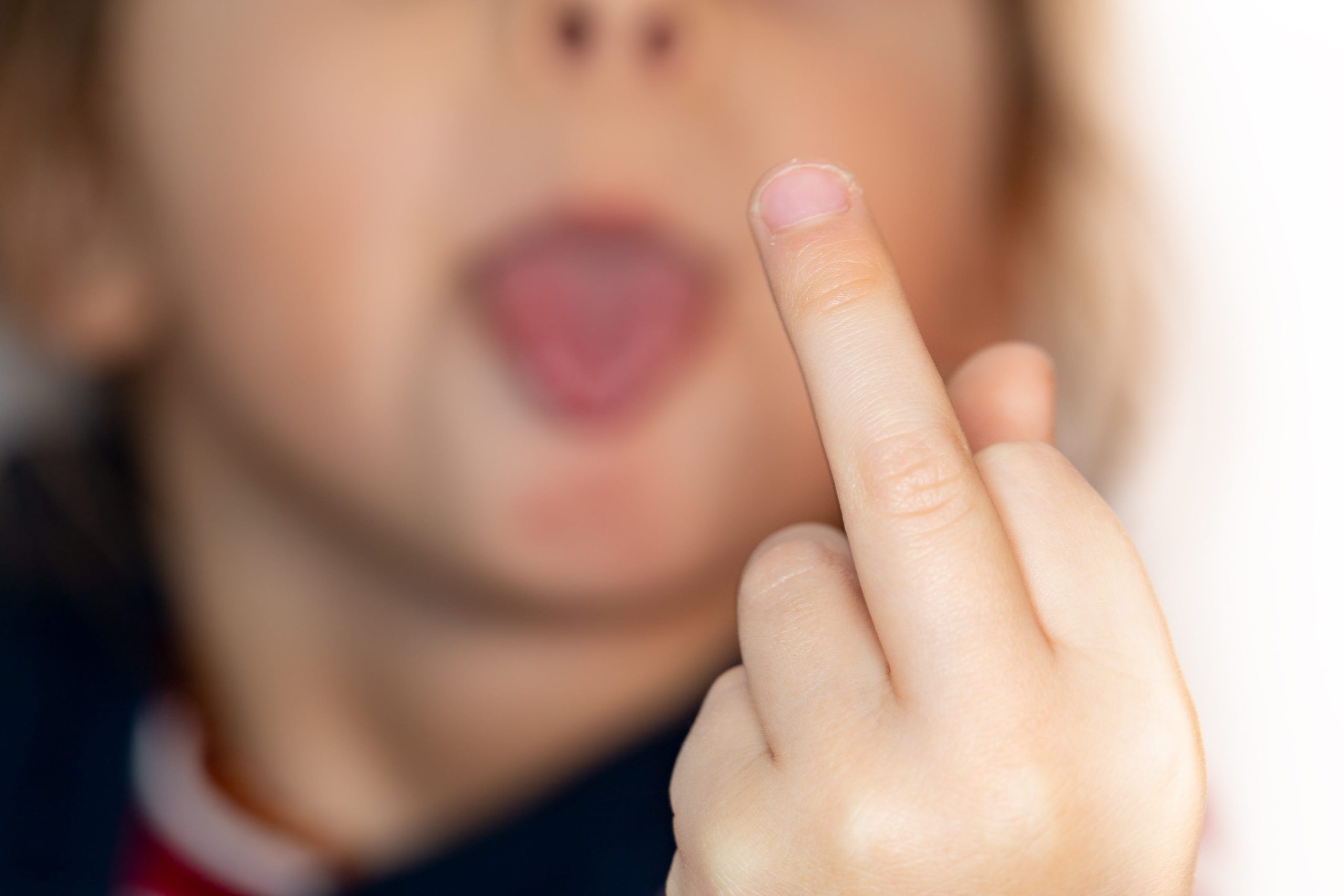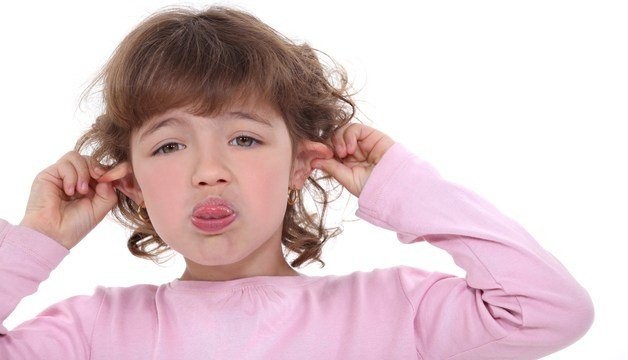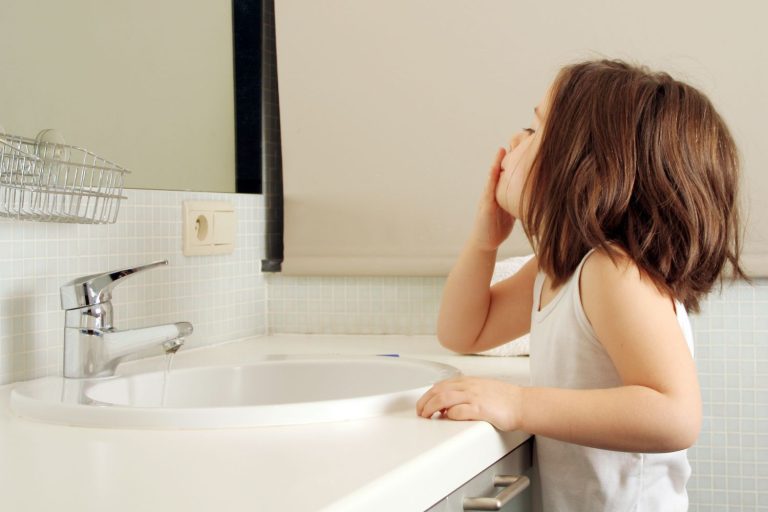In modern times, parenting has significantly changed with the influence of social media. Social media has encouraged parents to give their children more freedom to express themselves and do what they want to do. A good example is the viral trend of encouraging children to curse. This social media trend, known as the “Bad Word Bathroom Challenge,” features parents instructing children to say as many curse words as they want in the bathroom while being filmed.
Certain words were off-limits for many growing up, but now they are encouraged for entertainment. These videos, racking up millions of views on social media, have resulted in a mixture of hilarity, shock, and controversy. It has raised concerns about the implications of this trend on children, parents, and society.
Blurring Boundaries Between Humour and Harm
While it may be amusing for some to see a toddler drop an F-bomb, research suggests that, by laughing at these moments, parents may unknowingly reinforce behaviours that can negatively affect their child’s development. Children at a young age learn by imitation. Laughter, attention, and online validation are positive reinforcements that can make them unable to differentiate what words are acceptable in different social settings. They do not have the cognitive ability to distinguish when or if cursing is appropriate, which may lead to issues in the future.

The Role of Social Media in Parenting Trends
Social media often pressures people, including parents, to entertain their online audience. Some parents indulge in trends that sometimes cost their children’s well-being. Viral trends determine the standard for funny content, relatable content, and good parenting.
However, given that these videos will always be online, some content may cause children embarrassment or regret in the future. While it may be entertaining now, some children may resent having personal videos on the internet for the world to see.
Psychological and Social Impacts on Children
These videos have attracted the attention of experts in child development, who have shared that there can be unintended consequences. Dr. Erin O’Connor, an early childhood education expert, noted that since children learn by consistency, it may be confusing when parents allow them to curse in one specific setting and then punish them for it in another. He stated that it was a confusing double standard.
Experts also warn that cursing at a young age can encourage aggressive behaviours and defiance. It can also lead to challenges in social interactions.
Moreover, exposure to and encouragement of cursing at a young age can contribute to aggression, defiance, and difficulty in social interactions. Schools, for example, when children believe cursing is acceptable, they may have difficulty at school, where there are strict policies against inappropriate language.

Alternative Approaches to Handling Cursing
When the “Bad Word Bathroom Challenge” went viral, some social media users discouraged it, arguing that it was inappropriate. Those defending the trend argued that it allowed children to have a private outlet, which is better than cursing in public. However, a more constructive approach can be taken when handling cursing rather than promoting curse words.
Acknowledge but Don’t Reward: Parents can acknowledge when their child uses curse words and address the matter calmly. Making a fuss over it by laughing or scolding can make the word more attractive to children.
Teach Emotional Expression: When children see adults use cursing to express strong emotions, they often imitate this. Parents can teach them alternative ways to express their emotions to stop them from cursing.
Set Clear Boundaries: Do not ban words without context. It is more effective to explain why certain words are disrespectful or hurtful.
Lead by Example: Parents and adults can limit a child’s use of curse words by being mindful of their own language around children.

